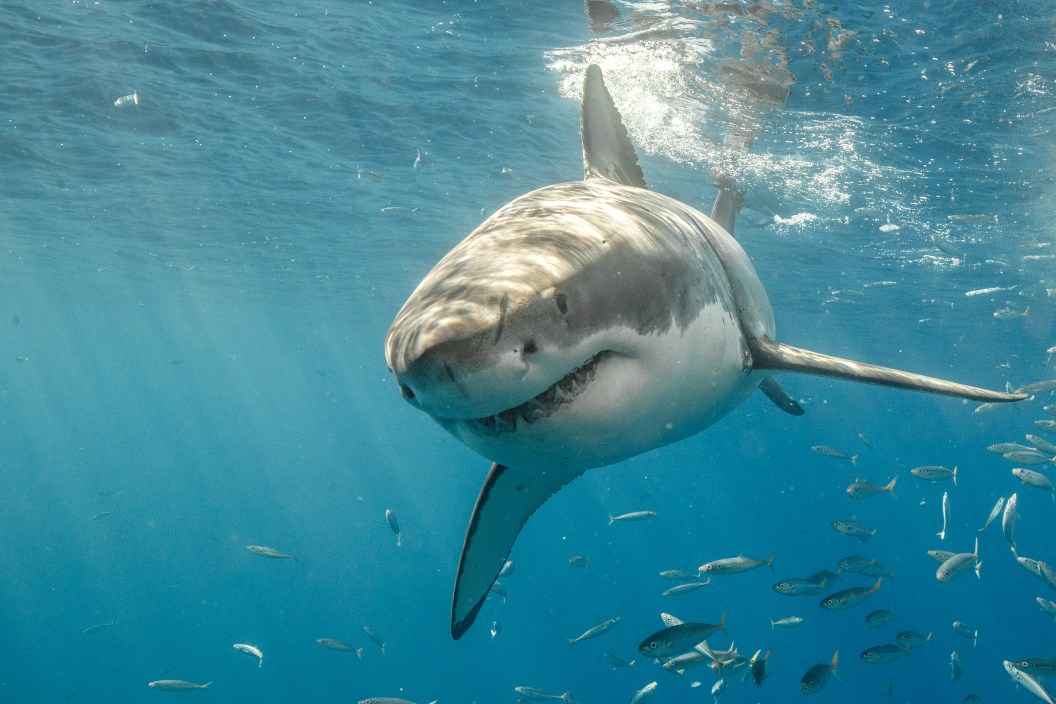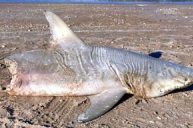A 22-year-old fisherman was recently killed by a shark while diving for scallops in the Gulf of California on the coast of Mexico.
Victor Alejandro Soto García was attacked on December 28 in front of Tojahui Beach in Huatabampo, Sonoro, according to the press release from Protección Civil Sonora (the Sonora Department of Civil Protection).
"Unfortunately, [a shark attack] left a person dead today," authorities said. "The young man's body was taken by his fellow fishermen to the Yavaros dock."
There's speculation that it was a great white shark that attacked García. However, there does not seem to be any firm evidence regarding the species of shark, beyond the wound sustained by the victim.
According to authorities, García was not wearing a shark-repellent bracelet when he was attacked. It appears that the agency is asking fishermen to be registered before diving, and to "have the necessary preventative measures to carry out their activities"— presumably, a bracelet to repel aquatic predators.
Shark-repellent devices, like Sharkbanz, use electromagnetic deterrent fields to deter sharks and stingrays. Sharks and rays are sensitive to electric fields and use this sensitivity to hunt. According to Sharkbanz, the repellent devices produce a deterrent field that disrupts these sensory organs, encouraging sharks and rays to stay away without actually harming them. They're favored by surfers, swimmers, and fishermen.
Unfortunately, shark repellents are only marginally effective and certainly not foolproof. Even the most effective ones only reduce the risk of being bitten by 60%; in 2016, Zach Davis was wearing a Sharkbanz strap while surfing in Florida when he was bitten on the arm by a blacktip shark.
While shark attacks are rare in Mexico, this is the third deadly attack in Mexican waters in a month's time. In early December, a Mexican woman died after she was bitten on the leg by a shark in the beach town of Melaque, just west of Manzanillo on the Pacific Coast. In mid-December, a Belgian man was killed and a woman injured in an attack by either a shark or a crocodile near Zihuatanejo, a resort on Mexico's Pacific coast.
Despite this, shark attacks are still extremely unlikely, and typically happen because a shark mistakes a person for something else. To help reduce your chance of being attacked by a shark, avoid waters where sharks are known to be swimming and get out of the water if sharks are sighted. Swim in groups, stay close to shore, and do not enter the water if you have an open wound. Avoid splashing, as it may draw a shark's attention.




